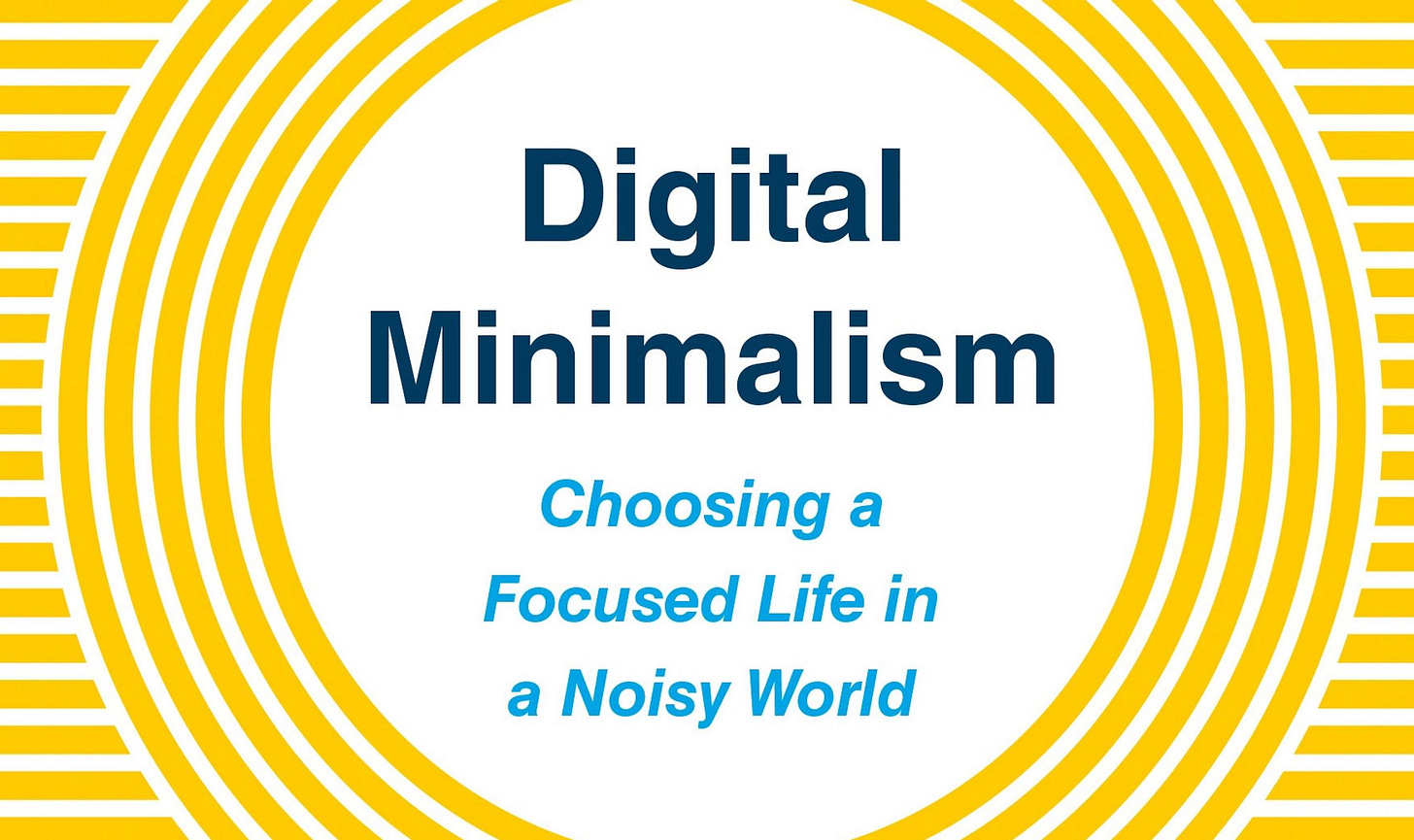Digital Minimalism: Choosing a Focused Life in a Noisy World by Cal Newport
By Jonathan Townley
New York: Portfolio/Penguin, 2019.
304 pp. $26 (hardcover).
Digital technologies, such as smartphones, social media, and streaming services clearly provide value to lots of people, but they can also have serious drawbacks. Amid responses to his book Deep Work, Cal Newport was surprised by the number of people who complained about the pitfalls of such tech…



